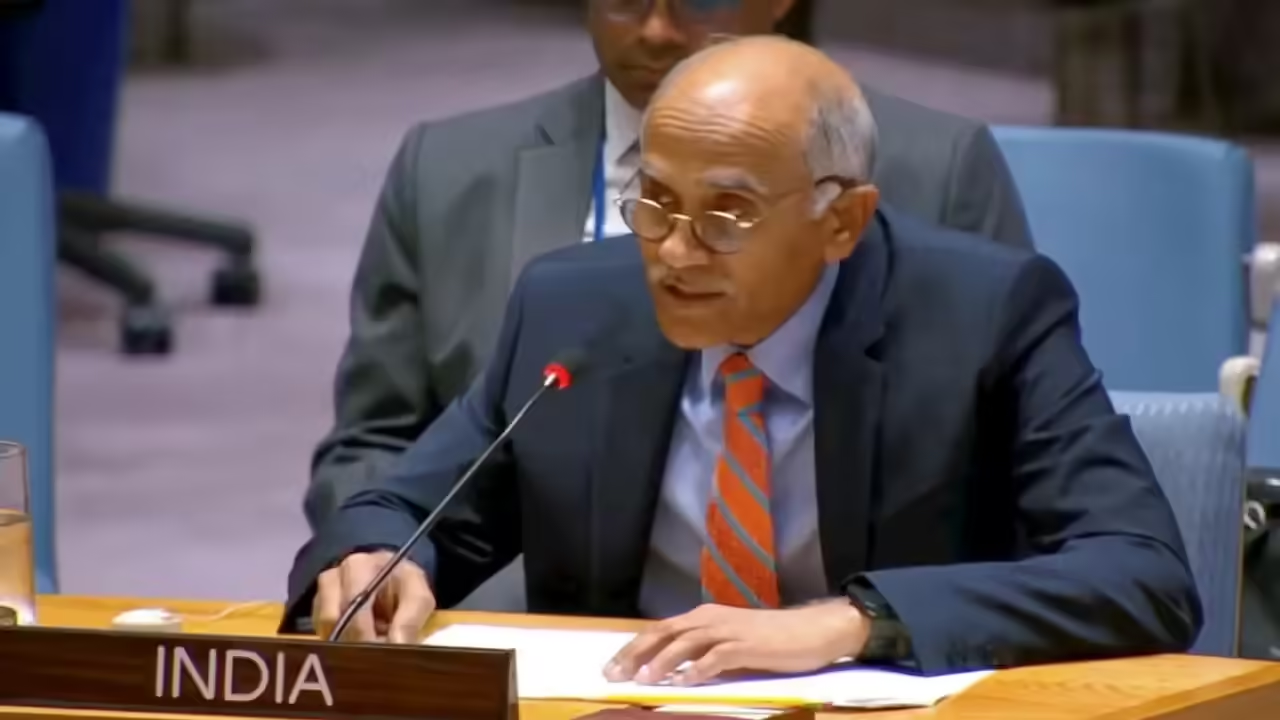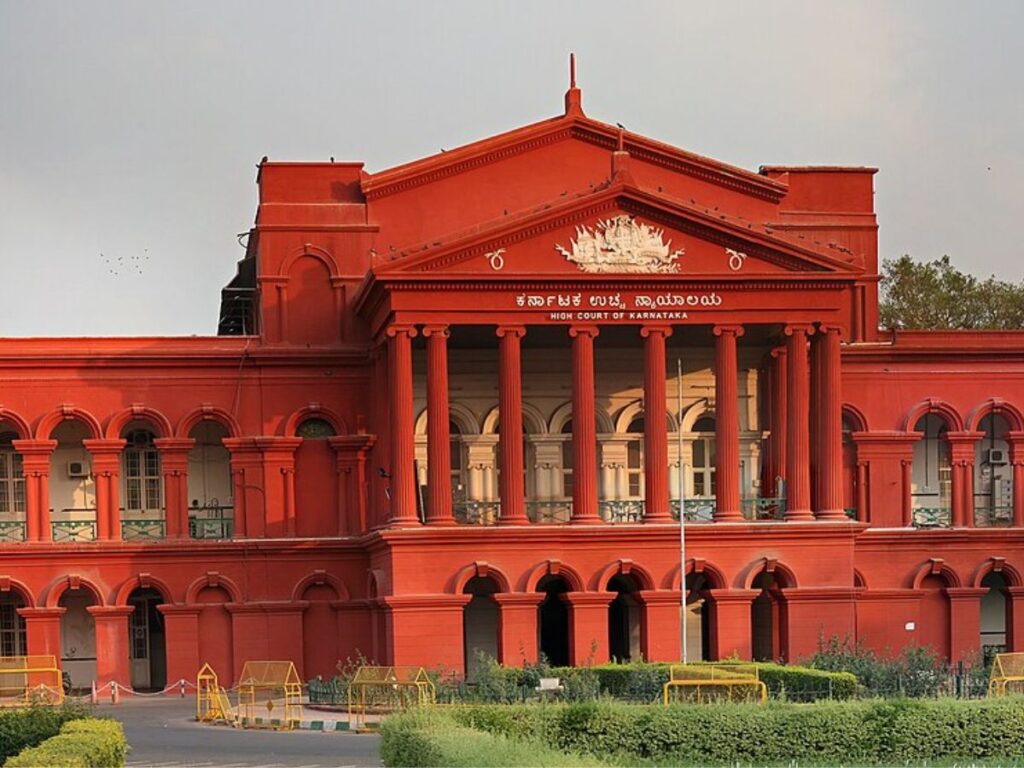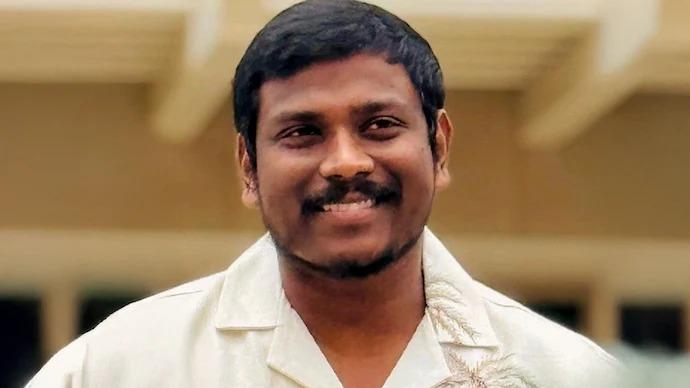Now Reading: India Denounces Pakistan’s Claims at UN, Calls Them “Delusional Tirades”
-
01
India Denounces Pakistan’s Claims at UN, Calls Them “Delusional Tirades”
India Denounces Pakistan’s Claims at UN, Calls Them “Delusional Tirades”

India has delivered a sharp response at the United Nations after Pakistan accused it of conducting systematic genocide. New Delhi dismissed these allegations as baseless and politically motivated, calling them an attempt to distract from Pakistan’s own internal challenges. The diplomatic clash underscores how sensitive regional narratives have become in international forums—especially involving human rights and sovereignty.
The UN exchange: what was said
During a UN session, Pakistan accused India of serious human rights violations against minorities and alleged efforts to engineer demographic changes. India responded by rejecting these claims outright. The Indian delegation labelled Pakistan’s remarks as distortions of facts, driven by political agendas rather than evidence.
India’s counterarguments
New Delhi insisted that its constitutional framework protects all citizens equally, regardless of religion or ethnicity. It pointed to legal safeguards, court judgements, and institutional mechanisms to counter allegations of systematic targeting. India also challenged Pakistan to present credible proof rather than repeat political rhetoric.
The regional context and stakes
For many in South Asia, these exchanges go beyond words. They reflect deep-seated mistrust between India and Pakistan, especially on issues of Kashmir, minority rights, and borders. International opinion and diplomatic posture matter, particularly when each nation seeks to shape its global image.
In Tier-2 and smaller cities across India, where public opinion often follows national media, such diplomatic confrontations resonate deeply. People see them as a test of India’s strength, principled stance, and ability to defend its narrative on big global stages.
Challenges to credibility
Allegations at the UN risk amplifying mistrust if not backed by evidence. Pakistan’s claims carry emotional weight, given decades of conflict, but India’s rebuttal must convince doubters, not just supporters. On the world stage, it’s not enough to deny—you must persuade.
Moreover, when nations bring internal disputes into global forums, domestic audiences watch closely. If citizens perceive their country failed to defend itself convincingly, criticism can grow in smaller cities as much as in metros.
What this means for diplomacy
India’s blunt rebuttal signals a more assertive posture on the international stage. It suggests New Delhi won’t simply absorb criticism—it intends to counterattack diplomatically. But such posture must be backed by consistent argumentation and documented responses, or future accusations risk gaining traction.
The episode may push both nations to seek international forums for narrative control—UN bodies, human rights councils, and global media. If accusations escalate, India may bring forth legal and diplomatic initiatives to defend its records.
Conclusion
What began as another round of accusations has turned into a test of narrative control. India’s fiery response seeks to throw Pakistan’s claims back into diplomatic limbo. But more than rhetoric, the outcome will depend on evidence, global perception and public confidence. For Indians in Tier-2 cities and beyond, the episode is a reminder that diplomacy is now theatre and battleground—where international image matters as much as policy.

























